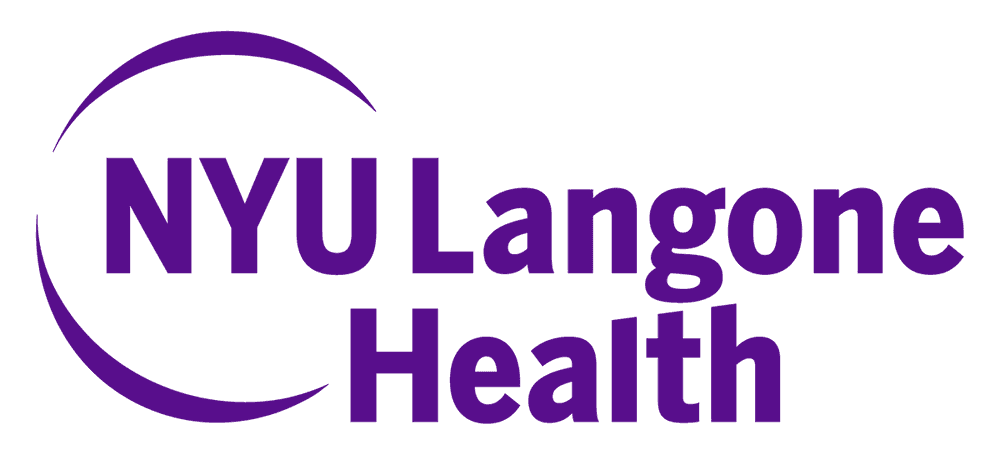
Psilocybin May Have Mental Health Benefits for Patients With Cancer

CURE spoke with an expert about the potential positive effects of psilocybin-assisted psychotherapy.
Psilocybin-assisted psychotherapy (PAP) has been shown to potentially have mental health benefits for patients with cancer, researchers have found.
Researchers, who published their findings in Nature Mental Health, pooled previously unpublished data from two phase 2 clinical trials involving 79 participants with cancer-related distress and found that PAP significantly improved anxiety, depression, interpersonal sensitivity, hostility, obsession-compulsion and somatization, and did not result in any lasting phobia, paranoia or psychosis.
In the two studied trials, approximately half of patients received a large dose of psilocybin, and the others were given vitamin B3 or a small dose of psilocybin. Then, after six or seven weeks, the groups switched treatments. Patients also underwent psychotherapy before and after each dosing session, and completed a mental health questionnaire at the start of the study and six months after the second dosing, according to a news release from NYU Grossman School of Medicine and NYU Langone Health.
“Our analysis demonstrates that PAP alleviates a wide range of psychiatric symptoms in patients with cancer,” researchers concluded in the study. “While larger clinical trials will ultimately be needed to validate these findings, our study suggests that PAP has the potential to be a comprehensive mental health treatment for patients with cancer.”
CURE® spoke with study co-author Dr. Michael Bogenschutz, director of the NYU Langone Center for Psychedelic Medicine in New York, about the study and its findings.
Transcript:
The domains that were looked at, in addition to anxiety and depression, were interpersonal sensitivity — which means how people are able to deal with conflict and difficult issues in relationships, sort of resilience and equanimity when struggling in relationships with people that one cares about — obsessive compulsive symptoms, hostility — which would include anger and irritability, to some extent, probably, as well as overt aggression, which was probably not something that was seen … in the sample, particularly — [and] somatization, which refers to the physical symptoms that often can be related to emotional distress. So in people with depression, for example, other kinds of physical complaints can be apparent, and some of these, of course, in somebody who's physically ill, there are real reasons to have physical discomfort, but these can also be amplified by emotional distress and physical symptoms.
For those domains, there were significant differences between the [treatment and placebo] groups seen during that double-blind phase, which is the one where we can have the most confidence because we have the direct comparison between the two groups. So the people who received psilocybin in the first session had significantly lower levels of interpersonal sensitivity, obsessive compulsion, hostility and somatization during those during the double-blind period.
Transcript has been edited for clarity and conciseness.
For more news on cancer updates, research and education, don’t forget to
Reference
“Psilocybin-assisted psychotherapy improves psychiatric symptoms across multiple dimensions in patients with cancer” by Dr. Petros Petridis, et al., Nature Mental Health.




